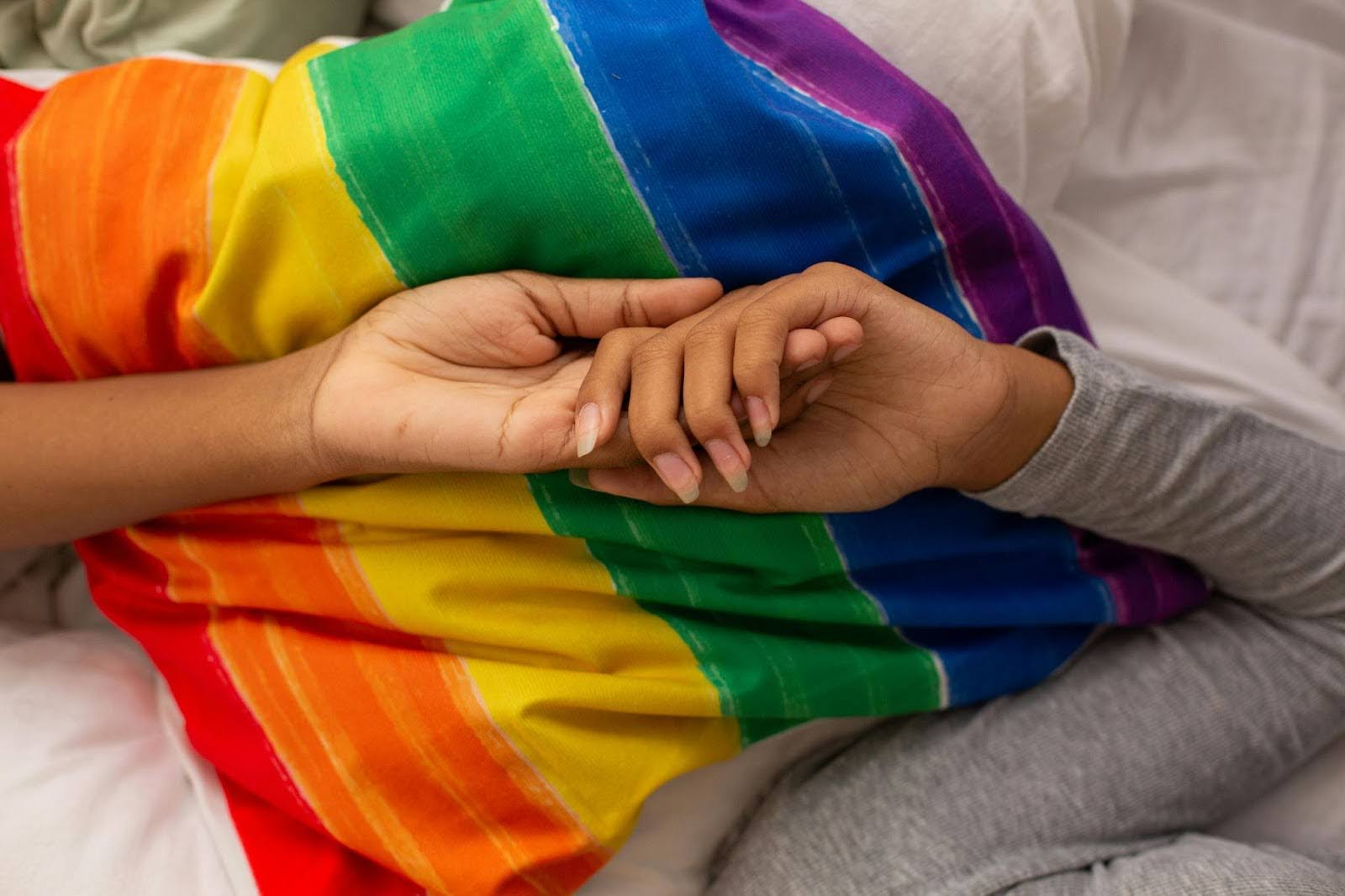Pride Month 2024 may be over, but the accomplishments and progress made by those in the LGBTQIA+ community are worth celebrating year-round. The same goes for Disability Pride Month and courageous individuals working toward disability awareness and acceptance.
Are the two celebratory months completely separate? We don’t think so. The challenges experienced by members of one historically marginalized group are often similar to the challenges of another marginalized group. Those who consider themselves part of the LGBTQIA+ community self-report higher rates of challenges in accessing quality medical care; the same can be said for people with disabilities. These commonalities highlight the importance of intersectionality, which we’ll define a little further down.
A Brief History of Pride Month
Pride Month has its genesis in the Stonewall riots, which were physical demonstrations by the New York gay and lesbian community after police officers raided the Stonewall Inn, a now-famed gay bar, in June 1969. The first anniversary of the Stonewall riots saw sporadic activity, a far cry from the months-long celebrations and observances seen around the world.
Pride Month has also evolved into more of a celebration of LGBTQIA+ culture relative to the protest-themed activities of the 20th century. No matter how you celebrate Pride Month, we hope every occasion is a happy one.
What is Intersectionality?
In the simplest of terms, intersectionality is the idea that oppression and discrimination exist in various ways due to race, sexual orientation, gender, gender identity, disability status, and other ways people are classified in society. Furthermore, the theory of intersectionality claims that oppression and discrimination experienced by people in one social classification are similar for those in a different social classification.
Let’s consider Shirley Chisholm. In 1968, she became the first black woman elected to U.S. Congress. She experienced discrimination and hardships based on her gender and race. The same goes for Ritchie Torres and Mondaire Jones, who, in 2020, became the first openly gay black people elected to Congress. Laphonza Butler became the first openly lesbian black member of Congress in 2023 when she was appointed senator of California by Gov. Gavin Newsom.
Quotes From LGBTQIA+ Activists with Disabilities
LGBTQIA+ and disability intersectionality have produced some truly thoughtful and courageous trailblazers over the years. From government to art and just about everything in between, American history is richer and more vibrant due to the contributions of those who overcame multiple challenges to etch their marks on history.
Barbara Jordan
Barbara Jordan became the first black woman from a southern state to be elected to the U.S. House of Representatives. Due to the immense pressures of the 1970s, Congresswoman Jordan never publicly came out as lesbian but was a faithful partner to Nancy Earl for more than two decades. She was also diagnosed with multiple sclerosis in 1973, the first year of her six-year tenure in Congress.
“One thing is clear to me: we, as human beings, must be willing to accept people who are different from ourselves.” — Barbara Jordan
Marsha P. Johnson
Johnson was a black LGBTQIA+ activist and drag queen who was one of the leaders of the 1969 Stonewall uprising. Johnson’s role as a gay liberation activist was diminished in the history books due to the relative lack of intersectionality of past decades. Johnson, who was HIV-positive, was found dead in the Hudson River; Johnson’s death was originally ruled a suicide but is now classified as undetermined.
“No pride for some of us without liberation for all of us.” — Marsha P. Johnson
Frida Kahlo
Frida Kahlo was a Mexican artist who lived in the first half of the 20th century. Many of her works were commentaries on discrimination and oppression related to gender, race, and class. Kahlo was bisexual and lived with chronic pain after a bus accident she was involved in at 18 years old. She also walked with a limp due to a childhood bout with polio.
“Why do I have feet when I have wings to fly?” — Frida Kahlo
Rosie Jones
Rosie Jones is one of the most visible lesbian comics in the U.K. She was born with ataxic cerebral palsy but has worked on countless television shows as an actor, writer, and performer. She also hosts a podcast and has written two children’s novels centered on a girl with cerebral palsy.
“It is so important for children to know that being a little bit wobbly or 'different' doesn't stop somebody from achieving greatness!” — Rosie Jones
Let Us Help You Live the Life You Want
NeuroNav offers independent facilitation to Californians currently participating in (or interested in participating in) the state’s Self-Determination Program (SDP). This public program is a new way of allocating Regional Center services to those with intellectual or developmental disabilities (IDDs).
With the SDP, participants have greater control over the services they receive. The SDP prioritizes participants’ needs and goals through person-centered planning. Want to learn more? Schedule a free consultation with our team to discuss how we can help.




